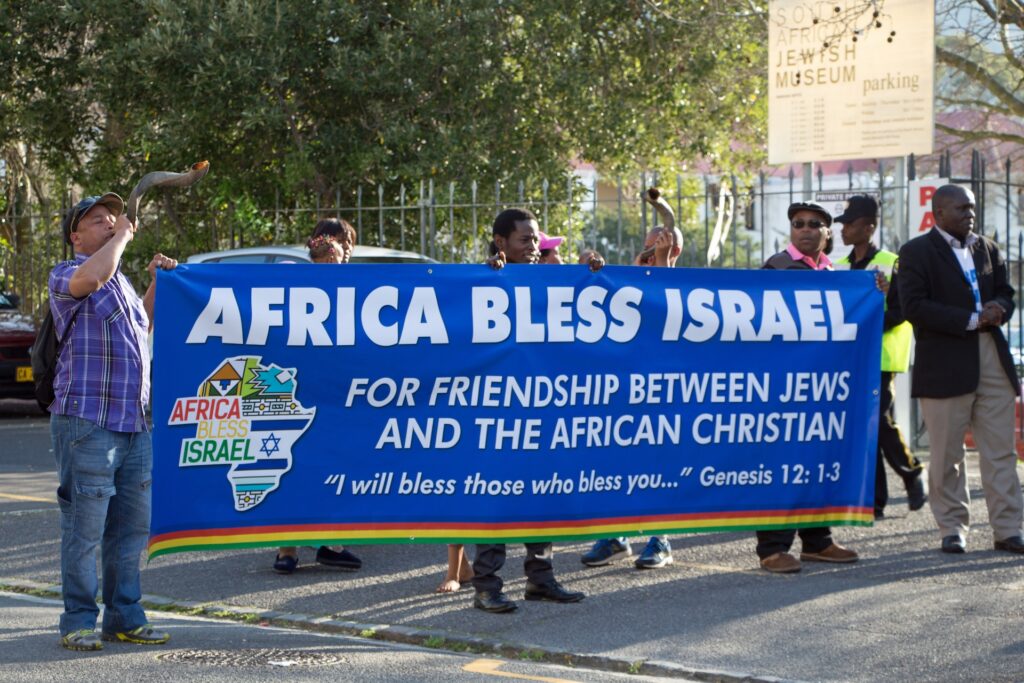Naseer Aruri, who built Palestinian solidarity movement in US, to be memorialized this Sunday

Nadia Hijab wrote about starting the US Campaign to End the Occupation in 2001 with Aruri as an adviser. Her obit at Palestine Chronicle of a teacher and a friend began: There are those whose life and work touch the lives of tens of thousands, for decades. Naseer Aruri was one such man.
It’s Increasingly Unsafe to Farm or Fish in Gaza

According to Alaa Tartir of Al-Shabaka, an independent Palestinian research group, Israel’s seizure of agricultural lands via the buffer zone as well as its armed forces’ attacks on farmers and fishermen are not simple matters of border-making or random acts of violence. Rather, he told The Electronic Intifada, such measures are part of a campaign of economic warfare.
Teachers forced to equip schools at own expense as austerity bites West Bank
Alaa Tartir explains that the 1993 Oslo Accords between Israel and the Palestinian Liberation Organization “created an inherently dependent and fragile Palestinian ‘authority.’” After years of building up its public sector, the PA today has around 150,000 public servants, Tartir told The Electronic Intifada. “When Israel decides to withhold Palestinian taxes or when the PA passes through a financial crisis — which is recurrent — those monthly salaries get majorly delayed or paid in installments over months,” he said. “When Israel withholds taxes it does indeed commit another form of ‘collective punishment’ because it does not only punish the civil servants but also their families [and] we are talking about hundreds of thousands of people that are affected,” Tartir continued. Yet, the PA’s neoliberal economic policies have only worsened the situation. A Western-backed agenda “entrenched the structural deficiencies in the Palestinian economy and created further distortion,” said Tartir. “It increased inequalities, poverty and unemployment. It created a status of individual wealth for some but national poverty for all.”
Palestinians Set to Seek Redress in a World Court
Nadia Hijab on the PLO/Palestine joining the International Criminal Court: “They have to take some meaningful steps to recover anything of their really shredded credibility … That fig leaf of action is growing steadily more tattered. They keep saying it’s a new paradigm and they want to use international tools, but now they have actually been put on the spot.”
The Palestinians’ Desperation Move
Mahmoud Abbas’ team signing papers on New Year’s Eve to join the International Criminal Court was not surprising. Nadia Hijab is quoted in the day’s top Times editorial saying, “They have to take some meaningful steps to recover anything of their really shredded credibility.”
Palestinians move to join ICC after UN resolution fails
How to look at Mahmoud Abbas’ moves during last week of 2014, vis-à-vis Israel, the United States, and international bodies? Two Al-Shabaka advisors separately comment… Diana Buttu: “This is a good step in the right direction … to start isolating Israel.” Osamah Khalil: Joining the ICC is “only meaningful if Abbas actually uses it to hold Israel accountable.”
U.S. Twists Arms to Help Defeat Resolution on Palestine
“Despite U.S. threats and blandishments, the PLO/Palestine does have room for maneuver in the legal and diplomatic arena – it just has not yet been effective at using it.” -Nadia Hijab
Predictions: What will shape the Middle East in 2015?
“You can be sure sovereignty won’t be on the cards for the truncated Palestinian state envisaged, or rights for Palestinian refugees. But Palestinian civil society at home and abroad will torpedo a bad deal … The Palestinian-led boycott, divestment and sanctions (BDS) movement will chalk up more victories. The EU will be forced to take stronger measures against Israeli settlements and racism. The first cracks, albeit paper-thin, will appear in the solid US Congress support for Israel.” -Nadia Hijab
Tough day of talks as Palestinians push for UN statehood bid
Here’s what two Al-Shabaka Policy Advisors have to say on the PLO’s statehood bid at the UN… Nadia Hijab: “They are primarily trying to buy time and doing anything they can to postpone the dreaded moment when they say they have run out of options.” Sam Bahour: “The tragicomedy of US monopolisation of the never-ending ‘peace’ process has come to a dead end.”







